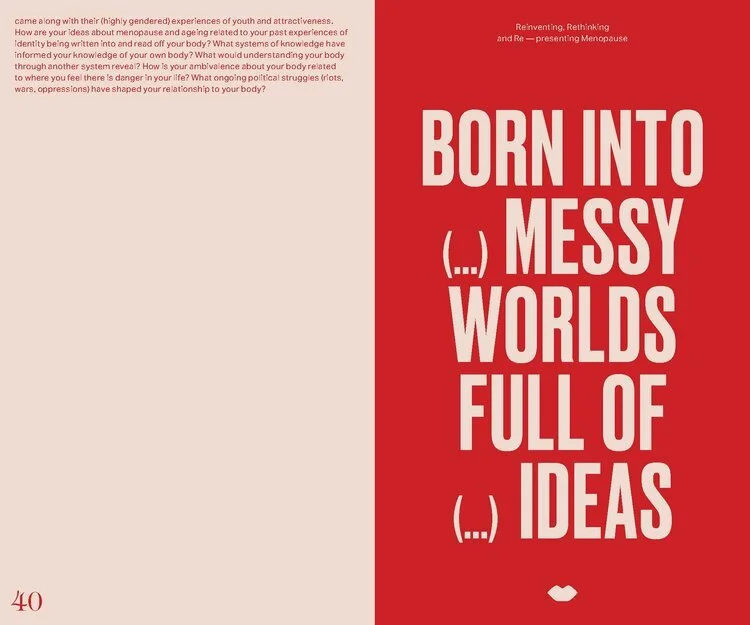“The Nature of Woman”? Menopause, culture, and meaning among British Pakistanis
A lot of the conversation about menopause in academic circles and the popular media is about white Western women’s experiences and perceptions, despite the fact that these represent a minority of the world’s women. Such conversations benefit from the inclusion of a broader range of women, not to make a more colourful menagerie, but because we can use one another’s experience to reflect upon our lives and find greater understanding of the human condition and the world in which we are living. Far from being a niche women’s health concern, menopause links together intimate details of life with diverse, complex, and far-reaching politics and histories.
Whilst Western people often view themselves as individuals experiencing life, we don’t live in this world alone. We are born into intricate, messy worlds already full of people, objects, and ideas. This context shapes our trajectories through life and the experiences we have. My interest in studying people’s embodied experiences of life took me to West Yorkshire in 2006-2007 to do 15 months of ethnographic fieldwork in Bradford and Leeds, two post-industrial urban centres in the North of England, cities known for being multi-cultural. I spent my time with middle-aged British Pakistani women, seeking to grasp their understandings and experiences of menopause within the context of their wider lives. I found that British Pakistani Muslim women’s understandings and perceptions of menopause were intimately linked with gender, ethnic, and religious identities and, crucially, notions of purity and modesty linked to their particular gendered, ethnic, religious identity. ( Pakistan means ‘Land of the Pure’.) Based on the ethnographic fieldwork, I am able to see connections between menopause and the way in which women learn about and experience their early menstrual periods, how they are taught to embody particularly gendered Pakistani Muslim norms of modesty through clothing and not talking openly about sex, menstruation, or reproduction, and the history of socio-political tensions between British Pakistanis and the wider British society.
Pakistanis’ understandings are informed by a Greco-Arab humoural system of knowledge about the body known as unani-tibb and Islamic rules about menstrual and sexual hygiene. These teach that menstruation, childbirth, and sex are polluting. This pollution is given a particular importance within the British context where elders’ control of information, modesty, and maintenance of sexual purity on the part of women are also strategies deployed for maintaining the moral boundary between British Pakistanis and the wider society, by which they feel rejected and from which they feel under threat. Menopause is often considered to mark the beginning of a clean, simple life and the end of both the pollution of sex and the pollution of menstruation. Women did not openly mourn this loss of their sexuality but did express a desire not to age or lose their attractiveness. Thus, women had complex feelings about menopause. For many, the experience of menopause occasioned the discovery that menopause existed because elder women kept it a secret. Women’s distaste at the pollution of menstruation did not translate into happiness to be going through the menopausal transition or happiness to be postmenopausal because the pollution came along with their (highly gendered) experiences of youth and attractiveness.
How are your ideas about menopause and ageing related to your past experiences of identity being written into and read off your body? What systems of knowledge have informed your knowledge of your own body? What would understanding your body through another system reveal? How is your ambivalence about your body related to where you feel there is danger in your life? What ongoing political struggles (riots, wars, oppressions) have shaped your relationship to your body?
Read the published version of this piece on the webpage of the publication ‘Legacy of Reinventing, Rethinking and Re-presenting Menopause Conference’– Edited by Beverley Carruthers and Jane Woollatt): https://www.beverleycarruthers.com/new-page-4

